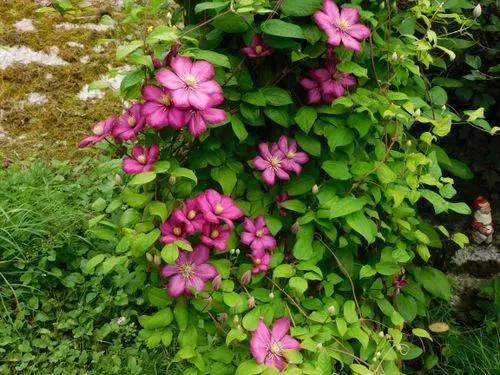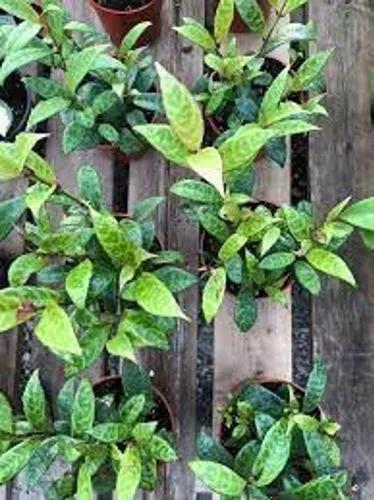Stachys palustris, commonly known as marsh woundwort, clown's woundwort, clown's heal-all, marsh hedgenettle, or hedge-nettle, is an edible perennial grassland herb growing to 80 centimeters tall. It is native to parts of Eurasia but has been introduced to North America. The species epithet palustris is Latin for "of the marsh" and indicates its common habitat.
Marsh Woundwort, Clown'S Woundwort Care
Stachys palustris



Marsh woundwort is a perennial plant growing from a horizontal tuberous runner. It has square stems with opposite pairs of leaves that are almost stalkless, linearly lanceolate, slightly cordate at the base and toothed. The calyx has five sharply-pointed lobes.
The purplish-red flowers are in terminal spikes, with gaps in the lower part of the spike. They are arranged in whorls, each flower consisting of five fused petals, the corolla being two-lipped, the upper lip being gently hooded and the lower lip flat and three-lobed. The flowers are mostly visited by bumblebees. There are four stamens, two long and two short and the fruit is a dry four-chambered schizocarp.
This plant might be poisonous. It can be invasive outside of Europe and Asia.
How to Care for the Plant

Popularity

179 people already have this plant 47 people have added this plant to their wishlists
Discover more plants with the list below
Popular articles






